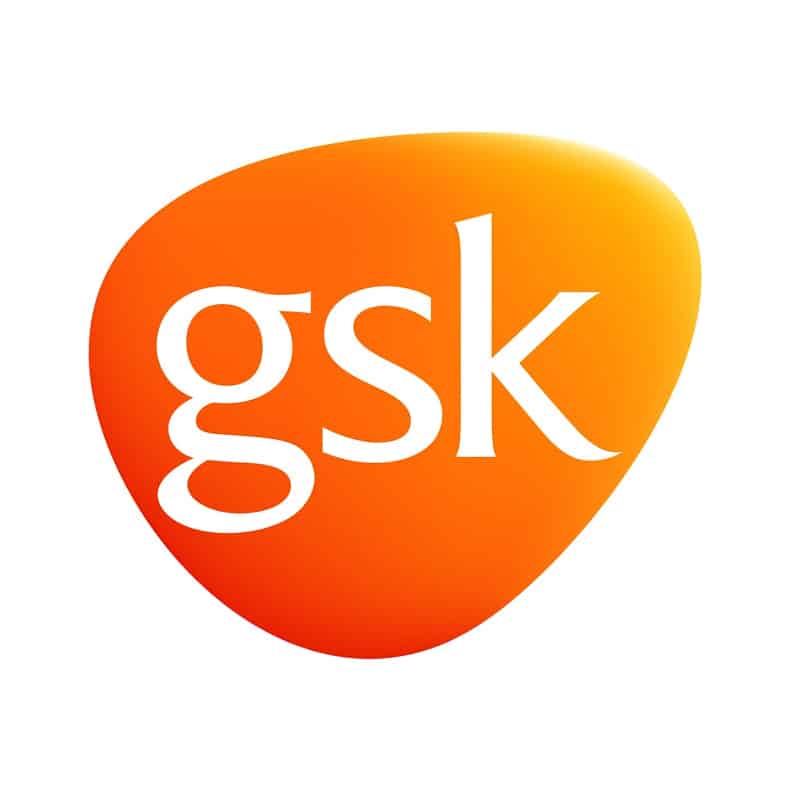
GSK receives wider nod for Zejula as it competes with rival AstraZeneca
pharmafile | October 24, 2019 | News story | Research and Development |
The US FDA has approved GlaxoSmithKline’s Zejula (niraparib) for the use in advanced ovarian, fallopian tube, or primary peritoneal cancer patients who have undergone at least three prior chemotherapy treatments and whose diseases has returned.
Zejula was the lead candidate of US cancer specialist Tesaro which GSK acquired for around $5.1 billion last year. The drug itself has brought in sales of just over $73 million in the second quarter.
The FDA approval was based on trial data from the QUADRA study, a phase 2 programme that showed the benefit of utilising Zejula to treat tumours whether or not the women had mutated BRCA genes which hamper DNA repairs, but also in women with a wider range of genetic mutations grouped under the term homologous recombination deficiency (HRD).
Currently, AZ and MSD’s Lynparza is seen as the leading PARP inhibitor, a class of medicines which Zejula belongs to and analysts are foreseeing average sales of $3.1 billion for 2023.
Both drugs have shown significant promise in ovarian cancer patients with BRCA and HRD mutations and with the approval GSK has become the first company to be allowed to market to treat patients in the HRD setting.
Dr. Kathleen Moore, Lead Investigator of the QUADRA study, said: “Ovarian cancer has a high rate of recurrence, so there is a real need for therapies for women whose cancer has progressed through multiple lines of treatment and who have few or no options left. It’s meaningful to see that Zejula has been approved as a late-line treatment for women including those with and without BRCA mutations.”
Zejula initially received FDA approval in March 2017f for the maintenance treatment of adult patients with recurrent epithelial ovarian, fallopian tube, or primary peritoneal cancer, who are in a complete or partial response to platinum-based chemotherapy. It is the only oral, once-daily PARP inhibitor.
Ovarian cancer affects approximately 222,000 women in the US and approximately 85% of women with advanced cancer will see the disease return at some point in their life.
Nik Kiran








